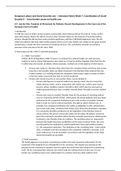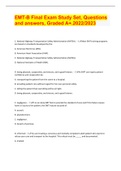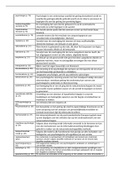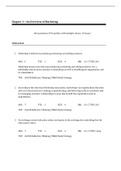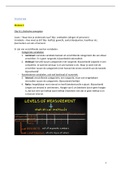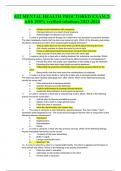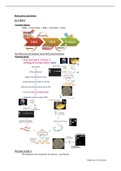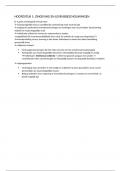Samenvatting
Summary European Labour and Social Security Law - Literature Summaries week 7
Summaries of the readings for European Labour and Social Security Law week 7: - A.P. van der Mei, Freedom of Movement for Patients: Recent Developments in the Case Law of the European Court of Justice; - A.P. van der Mei, The New Directive on Patients’ Rights in Cross-Border Healthcare, Maastrich...
[Meer zien]
